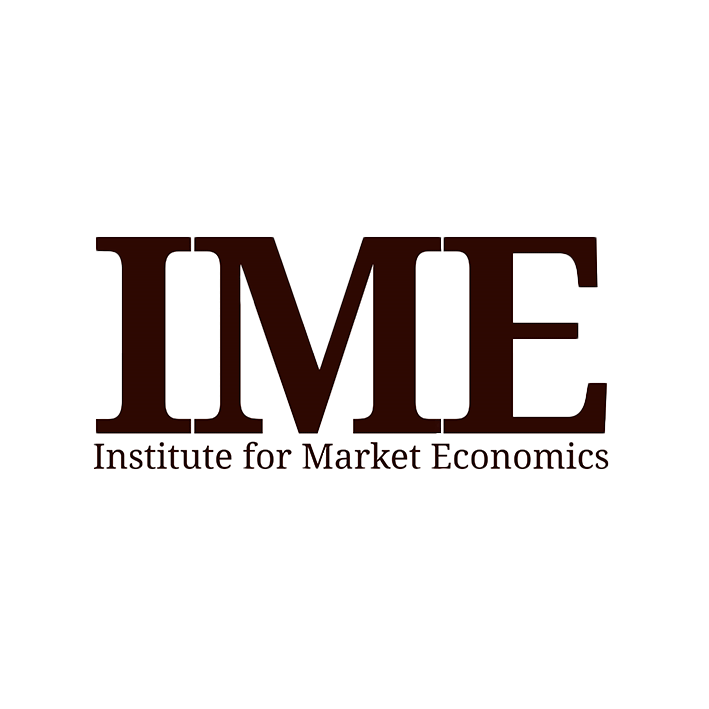Under Viktor Orbán, Hungary has introduced a raft of nanny state measures for everything but alcohol. It has some of Europe’s most intrusive policies on food, tobacco, and e-cigarettes, including an extensive system of food and soft drink taxes, a full ban on smoking indoors, and a ban on all e-cigarette flavours except tobacco. Hungary tops the table for over-regulation of food and soft drinks, is second for tobacco, and fourth for e-cigarettes.
There has been no let-up since the last Nanny State Index was published. Introduced in September 2011, the Public Health Product Tax (commonly known as the ‘chips tax’) was already Europe’s most extensive system of food and soft drink taxation before being expanded with higher rates in January 2023. Current rates include the following: sweets and ‘other pre-packed product with added sugar’, pre-packaged pasta and ‘delicacies’: 210 Forints (€0.55) per kg: sugary drinks: 23 Forints (€0.06) per litre, energy drinks: 390 Forints (€1.02) per litre, jam: 780 Forints (€2.04) per kg, and salty snacks and seasonings: 390 Forints (€1.02) per kg or litre. Artificially sweetened versions of these products are also now taxed, albeit at a lower rate. All this comes on top of a standard VAT rate of 27 per cent.
January 2023 also saw the tax on e-cigarette fluid increase. Until March 2020, the tax rate was 55 Forints (€0.17) per ml but this was reduced to 20 Forints (€0.06) in an attempt to reduce cross-border shopping during the pandemic. It has now been increased to 33 Forints (€0.083).
Tobacco is heavily regulated with a near-total advertising ban, a vending machine ban and, since 2022, a plain packaging mandate. There are no exemptions to Hungary’s ban on smoking in bars, restaurants, and workplaces, and smoking is even banned in some outdoor areas. Tobacco retailing is a state monopoly, with licences allegedly handed out to party loyalists. Since May 2016, these shops have also had a monopoly on selling e-cigarettes. It has been reported that the government plans to turn the alcohol retail business into a similar state monopoly, and there is talk of limiting the sale of energy drinks to the same shops.
E-cigarette advertising is banned, and vaping is prohibited wherever smoking is prohibited, unless the vaping device was prescribed by a doctor (which is most unlikely).
There have been large rises in spirits duty in recent years and beer duty is not particularly low. The only good news is that there is no duty on still wine, alcohol can be advertised with a few limitations, and there is no mandatory closing time for bars.
With thanks to the Hungarian Free Market Foundation
About
The Nanny State Index (NSI) is a league table of the worst places in Europe to eat, drink, smoke and vape. The initiative was launched in March 2016 and was a media hit right across Europe. It is masterminded and led by IEA’s Christopher Snowdon with partners from all over Europe.
Enquiries: info@epicenternetwork.eu
Download Publication
Previous versions: 2021, 2019, 2017
Categories
About the Editor
Christopher Snowdon is the head of Lifestyle Economics at the Institute of Economic Affairs. His research focuses on lifestyle freedoms, prohibition and policy-based evidence. He is a regular contributor to the Spectator, Telegraph and Spiked and often appears on TV and radio discussing social and economic issues.
Snowdon’s work encompasses a diverse range of topics including ‘sin taxes’, state funding of charities, happiness economics, ‘public health’ regulation, gambling and the black market. Recent publications include ‘Drinking, Fast and Slow’, ‘The Proof of the Pudding: Denmark’s Fat Tax Fiasco’, ‘A Safer Bet’, and ‘You Had One Job’. He is also the author of ‘Killjoys’ (2017), ‘Selfishness, Greed and Capitalism’ (2015), ‘The Art of Suppression’ (2011), ‘The Spirit Level Delusion’ (2010), ‘Velvet Glove, Iron Fist’ (2009).
Hungary 2023
Under Viktor Orbán, Hungary has introduced a raft of nanny state measures for everything but alcohol. It has some of Europe’s most intrusive policies on food, tobacco, and e-cigarettes, including an extensive system of food and soft drink taxes, a full ban on smoking indoors, and a ban on all e-cigarette flavours except tobacco. Hungary tops the table for over-regulation of food and soft drinks, is second for tobacco, and fourth for e-cigarettes.
There has been no let-up since the last Nanny State Index was published. Introduced in September 2011, the Public Health Product Tax (commonly known as the ‘chips tax’) was already Europe’s most extensive system of food and soft drink taxation before being expanded with higher rates in January 2023. Current rates include the following: sweets and ‘other pre-packed product with added sugar’, pre-packaged pasta and ‘delicacies’: 210 Forints (€0.55) per kg: sugary drinks: 23 Forints (€0.06) per litre, energy drinks: 390 Forints (€1.02) per litre, jam: 780 Forints (€2.04) per kg, and salty snacks and seasonings: 390 Forints (€1.02) per kg or litre. Artificially sweetened versions of these products are also now taxed, albeit at a lower rate. All this comes on top of a standard VAT rate of 27 per cent.
January 2023 also saw the tax on e-cigarette fluid increase. Until March 2020, the tax rate was 55 Forints (€0.17) per ml but this was reduced to 20 Forints (€0.06) in an attempt to reduce cross-border shopping during the pandemic. It has now been increased to 33 Forints (€0.083).
Tobacco is heavily regulated with a near-total advertising ban, a vending machine ban and, since 2022, a plain packaging mandate. There are no exemptions to Hungary’s ban on smoking in bars, restaurants, and workplaces, and smoking is even banned in some outdoor areas. Tobacco retailing is a state monopoly, with licences allegedly handed out to party loyalists. Since May 2016, these shops have also had a monopoly on selling e-cigarettes. It has been reported that the government plans to turn the alcohol retail business into a similar state monopoly, and there is talk of limiting the sale of energy drinks to the same shops.
E-cigarette advertising is banned, and vaping is prohibited wherever smoking is prohibited, unless the vaping device was prescribed by a doctor (which is most unlikely).
There have been large rises in spirits duty in recent years and beer duty is not particularly low. The only good news is that there is no duty on still wine, alcohol can be advertised with a few limitations, and there is no mandatory closing time for bars.
With thanks to the Hungarian Free Market Foundation
 Austria
Austria Belgium
Belgium Bulgaria
Bulgaria Croatia
Croatia Cyprus
Cyprus Czech Republic
Czech Republic Denmark
Denmark Estonia
Estonia Finland
Finland France
France Germany
Germany Greece
Greece Hungary
Hungary Ireland
Ireland Italy
Italy Latvia
Latvia Lithuania
Lithuania Luxembourg
Luxembourg Malta
Malta Netherlands
Netherlands Norway
Norway Poland
Poland Portugal
Portugal Romania
Romania Slovakia
Slovakia Slovenia
Slovenia Spain
Spain Sweden
Sweden Turkey
Turkey United Kingdom
United Kingdom


















